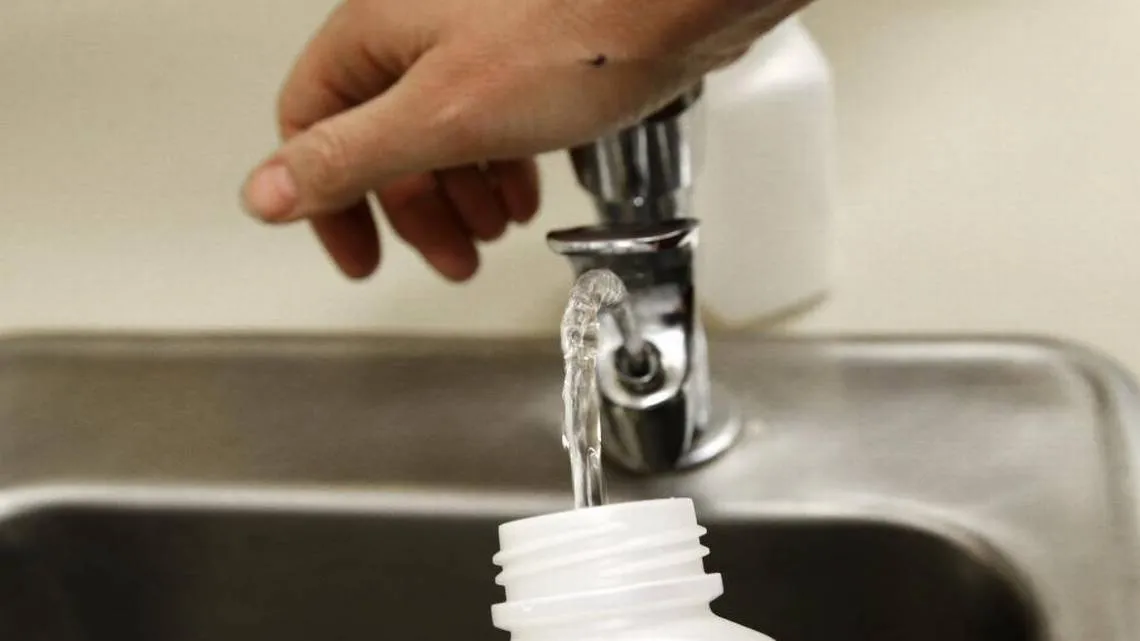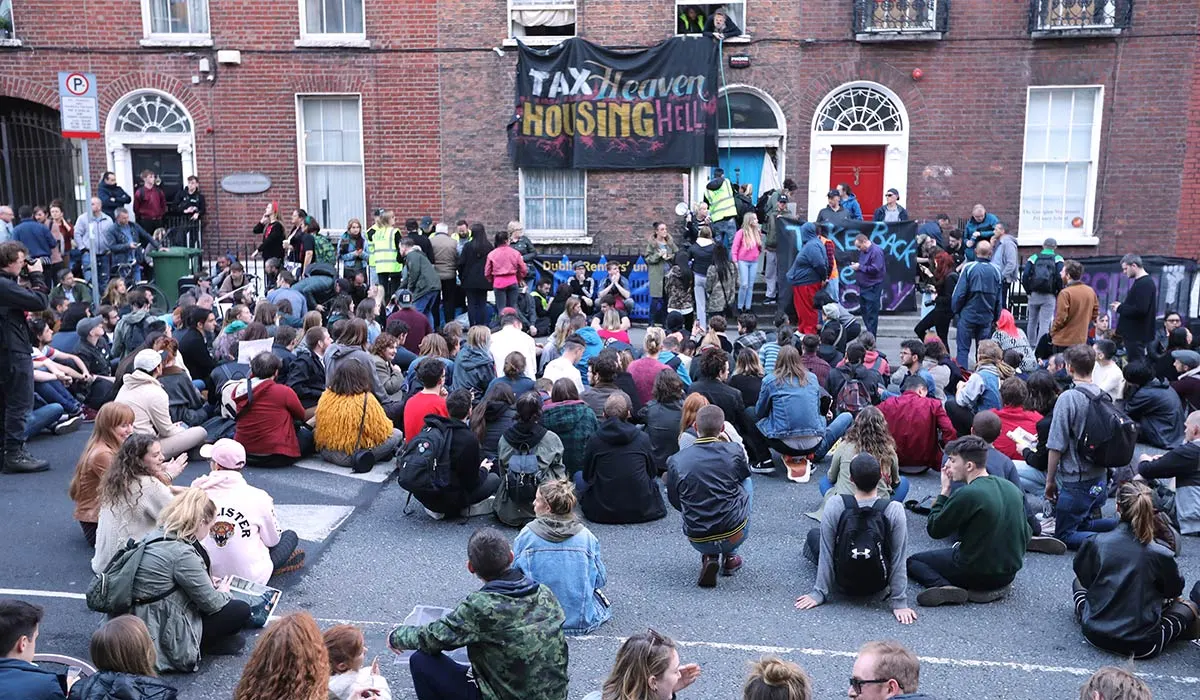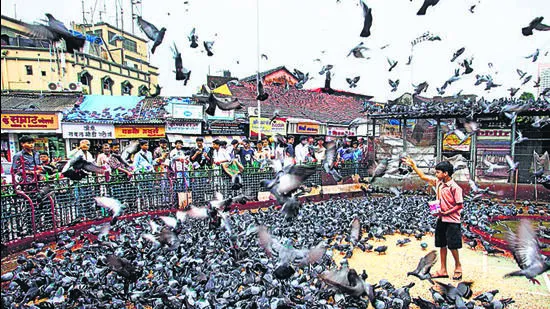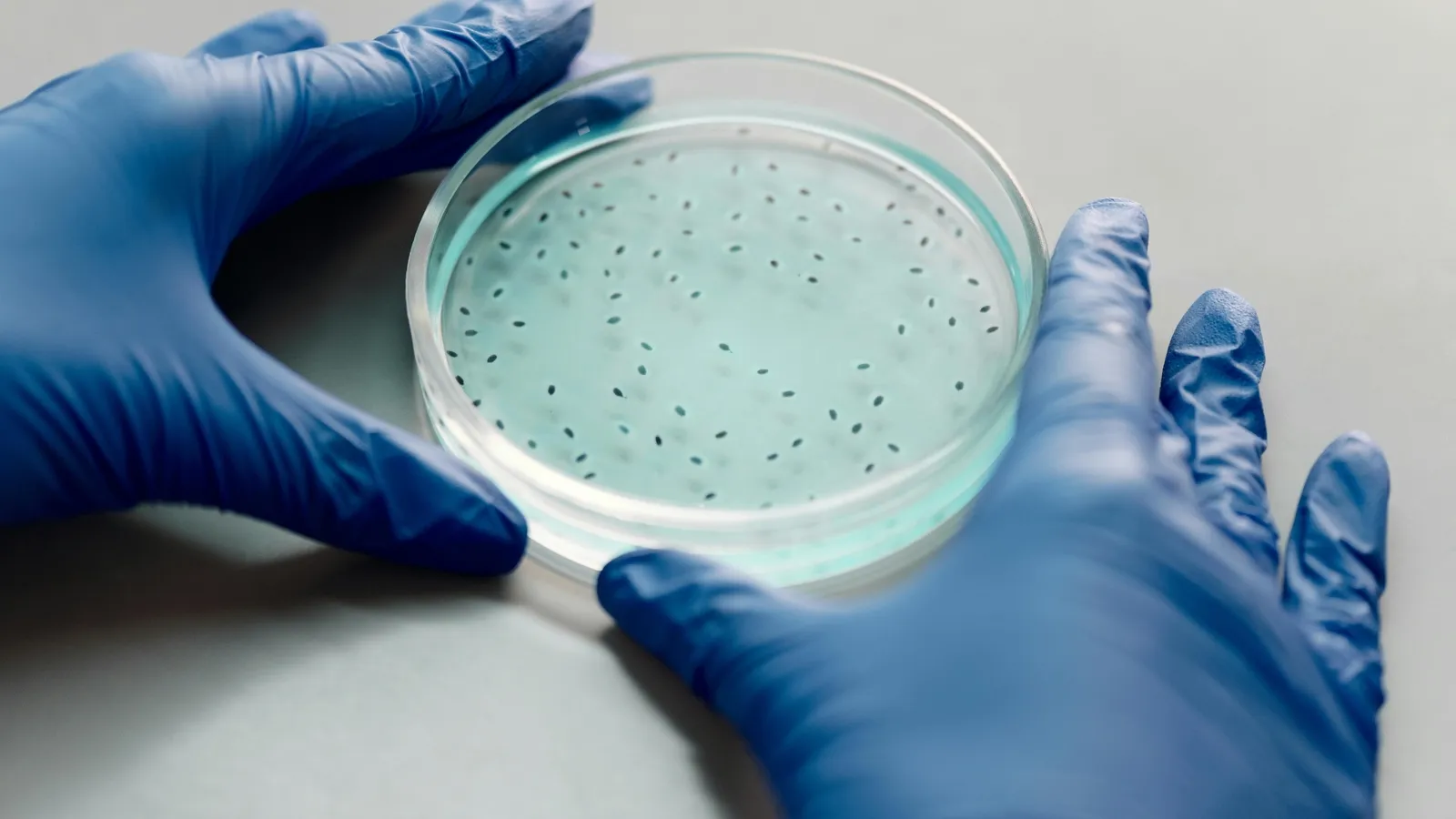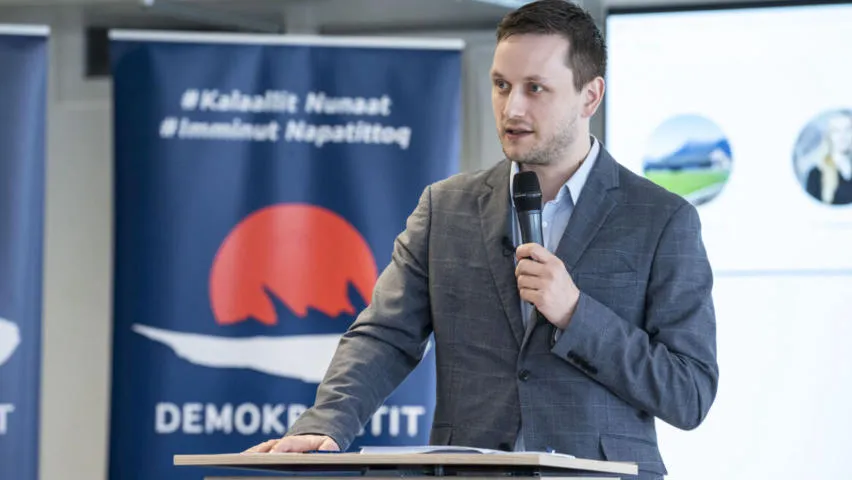The Trump administration’s decision to cut funding for Gavi, the global vaccine alliance, and scale back support for malaria programs has sparked international concern. This move is part of a broader budget reduction at the United States Agency for International Development (USAID), which has seen a drastic downsizing in both funding and staff. The implications of these cuts are significant, particularly for developing nations that rely on US support to combat vaccine-preventable diseases, malaria, and other health crises.
The Scope of the Funding Cuts
The decision to withdraw funding from Gavi was detailed in a 281-page spreadsheet submitted by USAID to Congress. According to reports, the US government will terminate over 5,340 grants while continuing approximately 900. The overall budget reduction for USAID is estimated to be around $40 billion, a move that has been met with criticism from global health experts and humanitarian organizations.
While the Trump administration has maintained limited funding for HIV, tuberculosis, and food aid in conflict-affected regions, the decision to withdraw from vaccine initiatives has raised alarms among health organizations. Gavi, headquartered in Geneva, is a public-private partnership that plays a critical role in immunization programs across the developing world. Since its inception, Gavi has helped vaccinate millions of children and has contributed significantly to the global reduction in deaths from preventable diseases.
Impact on Global Health
The consequences of these cuts could be far-reaching. The United States has historically been a major contributor to Gavi’s budget, providing nearly a quarter of its funding. Over the past 25 years, US support has helped save approximately 18 million lives and enabled 19 countries to transition away from Gavi’s assistance, with some becoming donors themselves.
Without US funding, Gavi faces a major financial shortfall that could impact vaccine distribution efforts in some of the world’s poorest regions. Immunization programs against diseases such as measles, polio, and pneumonia could be severely disrupted, leading to outbreaks and increased mortality rates among children.
William Moss, executive director of the International Vaccine Access Center at Johns Hopkins Bloomberg School of Public Health, warned that withdrawing US financial support could reverse decades of progress in preventing vaccine-preventable diseases. He also noted that these cuts could have consequences beyond developing nations, potentially increasing the risk of disease outbreaks in the United States.
The Consequences for Malaria Programs
Another major concern is the scaling back of US support for malaria programs. Malaria remains a leading cause of death in many African and Asian countries, and US-backed programs have been instrumental in reducing infection rates through the distribution of insecticide-treated bed nets, medications, and public health initiatives.
While some funding will remain in place for malaria treatment, the reduction in prevention programs could lead to a resurgence of the disease. According to the World Health Organization (WHO), malaria deaths declined by nearly 60% between 2000 and 2015, in large part due to international funding. Cutting back on these programs now could undo years of progress.
Political and Humanitarian Reactions
The announcement has drawn criticism from health experts, international organizations, and political leaders. Gavi responded to the report by emphasizing the importance of continued US support, stating that American funding could help save over 8 million lives over the next five years.
Democratic lawmakers and global health advocates have also condemned the decision, arguing that reducing support for vaccine programs contradicts long-standing US commitments to global health security. Some have warned that this move could damage America’s reputation as a leader in humanitarian aid and public health.
Republican officials within the Trump administration, however, have defended the decision as part of a broader effort to cut foreign aid and prioritize domestic interests. The administration has consistently advocated for a “America First” policy, arguing that US taxpayers should not bear the burden of funding global health initiatives.
Potential Long-Term Effects
The long-term impact of these funding cuts is uncertain but could have significant consequences. Reductions in vaccine access could lead to an increase in preventable diseases, overwhelming already fragile healthcare systems in developing nations. The ripple effects could extend beyond public health, affecting economic stability and development in vulnerable regions.
Moreover, the decision to reduce global health funding may undermine US influence in international affairs. China and other countries have been expanding their investments in global health, and the withdrawal of US support could create an opportunity for other nations to step in and exert greater influence over health policy in developing countries.
The Trump administration’s decision to cut vaccine support to developing countries marks a significant shift in US global health policy. While some funding remains in place for HIV, tuberculosis, and food aid, the withdrawal of support for Gavi and malaria programs has raised serious concerns among health experts and humanitarian organizations.
As the global community grapples with the implications of these cuts, the future of international vaccine programs remains uncertain. Whether this decision will be reversed or further expanded in the coming years will likely depend on political changes within the US government and continued advocacy from the global health community.


